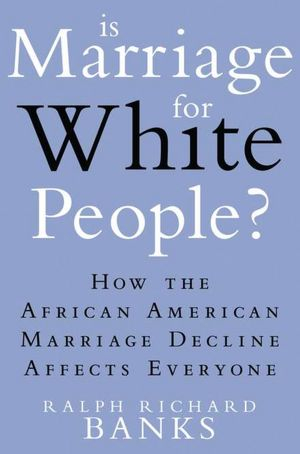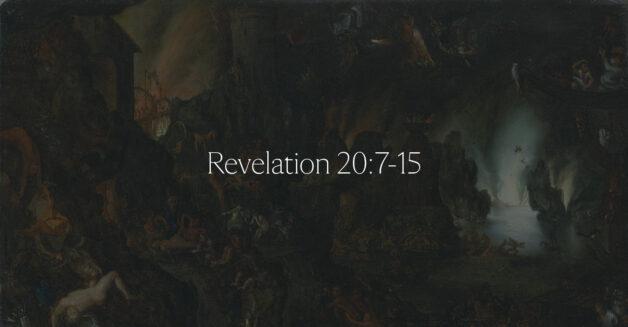
Eckhard J. Schnabel, Paul the Missionary: Realities, Strategies and Methods (IVP Academic, 2008). I was sad for Trinity and very happy for my alma mater, Gordon-Conwell, when I heard that Schnabel was leaving Deerfield for South Hamilton. Schnabel is an excellent New Testament scholar and a leading missiologist. I greatly benefited from his two volumes on Early Christian Mission (2004) and again from this massive volume on Paul the missionary. The chapters are well organized with helpful summaries at the end, so don’t let the size of this book scare you off. It works well as a reference volume. I wish every missionary, missions committee, and everyone interested in the missional discussion would read this book. At the very least, read the 18 page introduction where Schnabel defines mission, surveys the nature of missionary work in the early church, and outlines the goals and methods of the missionary enterprise. Highly recommended.
Charles Wheelan, Naked Economics: Undressing the Dismal Science (W.W. Norton, 2010). This is a readable, informed, sometimes humorous look at economics. Wheelan knows his stuff, but has a passion to teach economics in a way normal people can understand. He succeeds in this pursuit. Though a defender of free trade, markets, and capitalism, Wheelan is less conservative than, say, Thomas Sowell or Milton Friedman. Wheelan, who once ran for Congress as a Democrat in Chicago, is pretty fair to both sides and fairly balanced on most controversial issues, but on issues of global warming, the role of government, and the work of the Fed he leans noticeably to the left. Whatever your political inclination, you’ll be helped by this book and peeved every now and then.
Jeffrey Bell, The Case for Polarized Politics: Why America Needs Social Conservatism (Encounter, 2012). Don’t let the title throw you. This is not a rant or a pro-Republican screed. Bell, who was a policy adviser to Reagan, is certainly in favor of social conservatism. But he has written a book that is mush more history and analysis than diatribe and prescription. Bell argues that social conservatism is the true heir to the Declaration of Independence and also the reason for political polarization in the United States. The absence of comparable movements in Western Europe, Bell contends, is why the political climate across the pond it not polarized to nearly the same degree or along such strict lines. The book would have been stronger with a tighter editorial hand to keep the book moving in a single direction along a more logical path. But overall, the book was informative and worth reading, for those on the right and on the left, and especially for young Christians who think wrangling over social issues is a waste of time or downright embarrassing.

Ralph Richard Banks, Marriage is for White People: How the African American Marriage Decline Affects Everyone (Dutton, 2011). I was expecting a book on the state of marriage among urban, mostly poor African-Americans. But the author’s interest was with the decline of marriage among the burgeoning black middle class. According to Banks, the marriage decline among African-Americans cannot be traced to the legacy of slavery of African culture. He argues that there is a “man shortage” in the black community, because of incarceration, because of the success gap between women and men, and because of the interracial marriage gap. Interestingly, most of the book is an explanation for why black women rarely marry non-black men and why these women would help their race by marrying out of it more often. The gist: “We arrive at the paradox that is at the heart of the story I have told: If more black women married nonblack men, more black men and women might marry each other. If black women don’t marry because they have too few options, and some black men because that have too many, then black women, by opening themselves to interracial marriage, could address both problems at once. For black women, interracial marriage doesn’t abandon the race, it serves the race” (181). It’s a provocative thesis, one you shouldn’t judge too quickly (one way or another without reading the whole book). As a white married to a white woman I found the book most helpful in its description of the challenges of interracial marriage, especially for black women marrying white men.
Ted Kluck and Dallas Jahncke, Dallas and the Spitfire: An Old Car, an Ex-Con, and an Unlikely Friendship (Bethany House, 2012). Another well written, engaging book from Ted. Here’s my blurb: “It’s not every day that you read a really good Christian book about sex, drugs, and rock and roll. But this is not your ordinary Christian book. Ted is a terrific writer, and Dallas has a tremendous story to share. Every page manages to be realistic and hopeful at the same time. This is a relentlessly honest book with a redemptive edge.”



